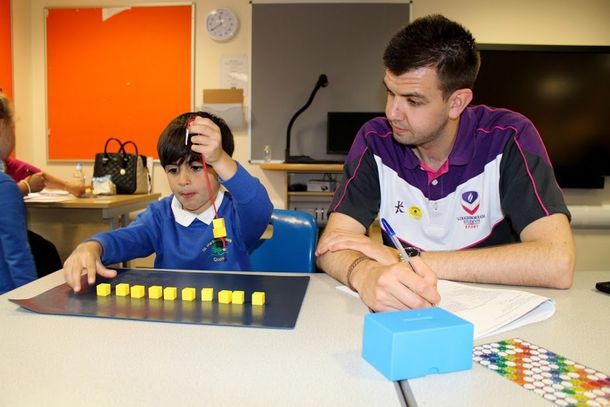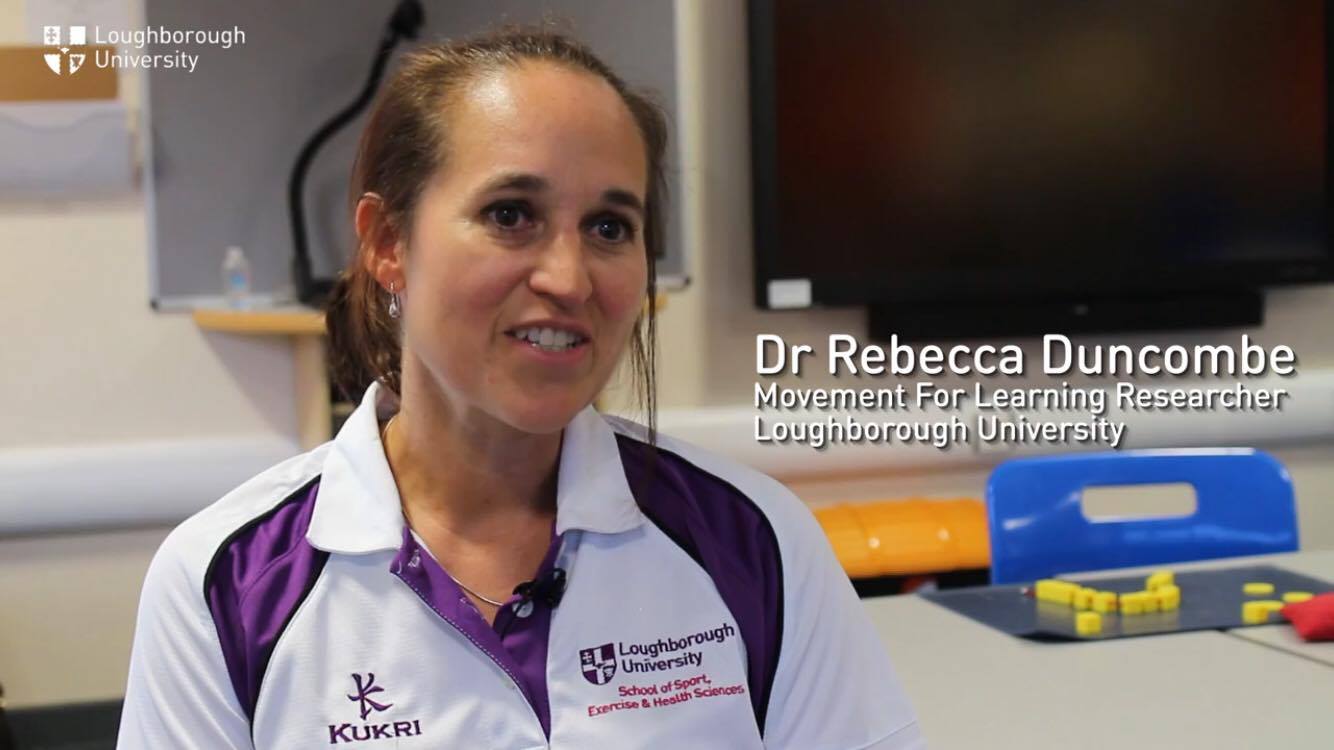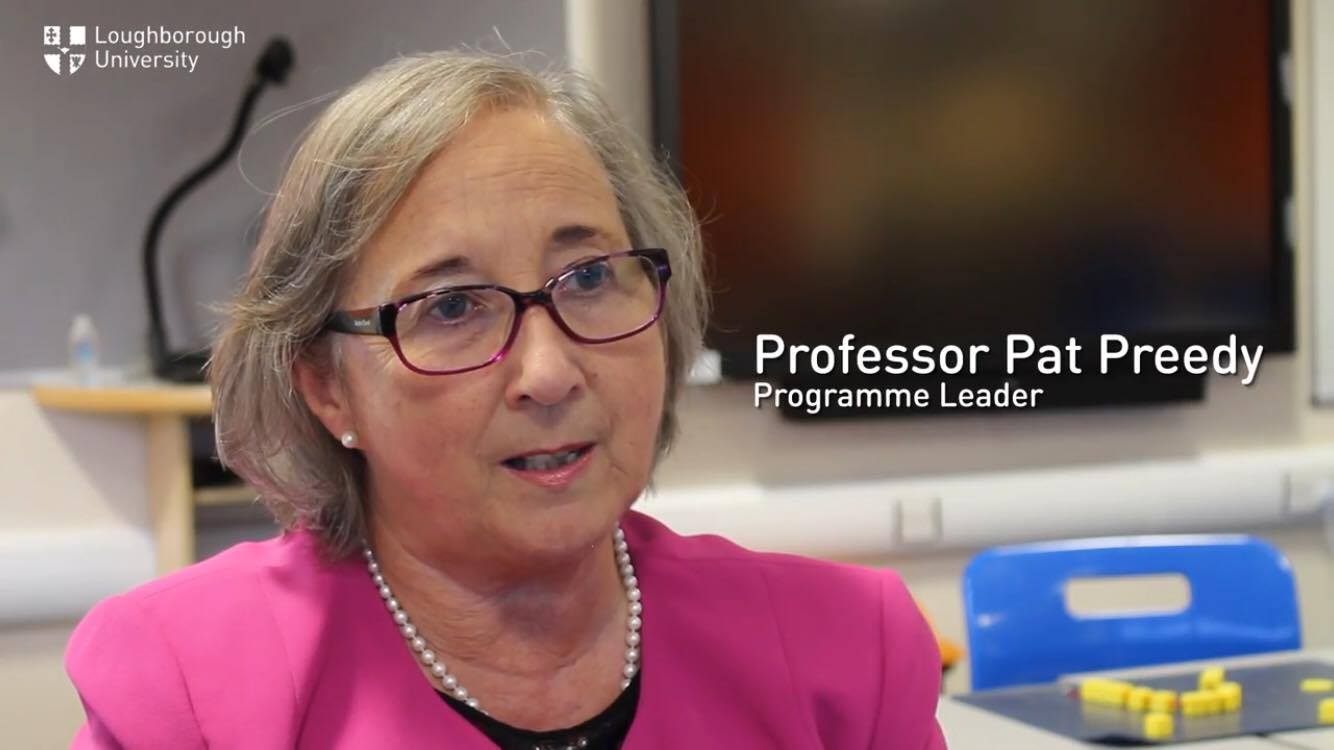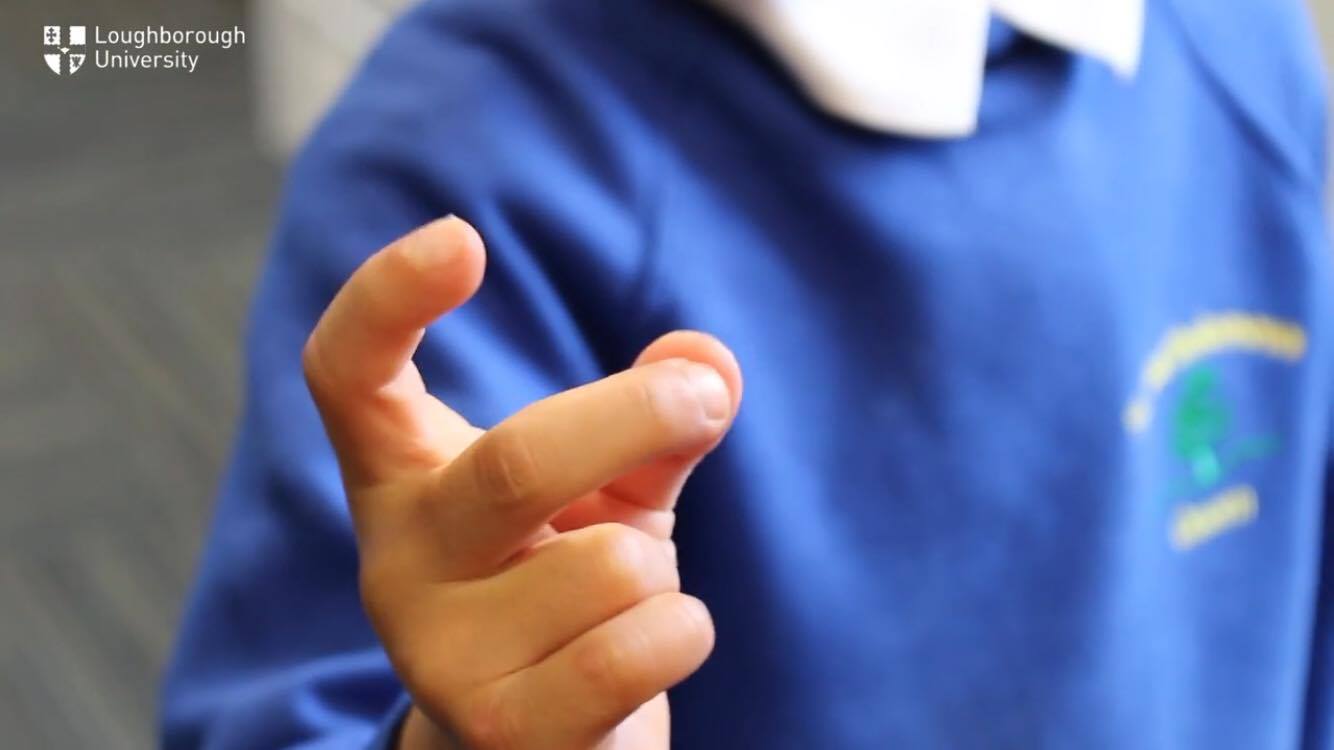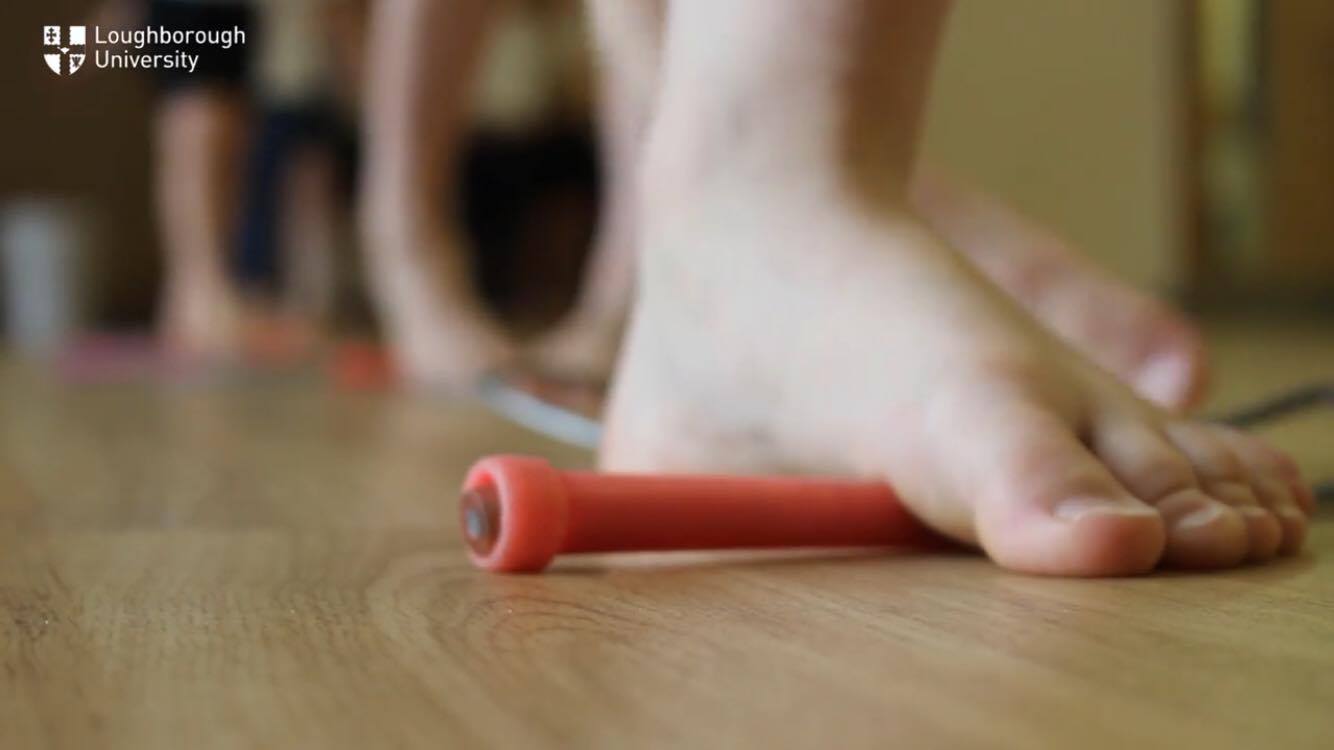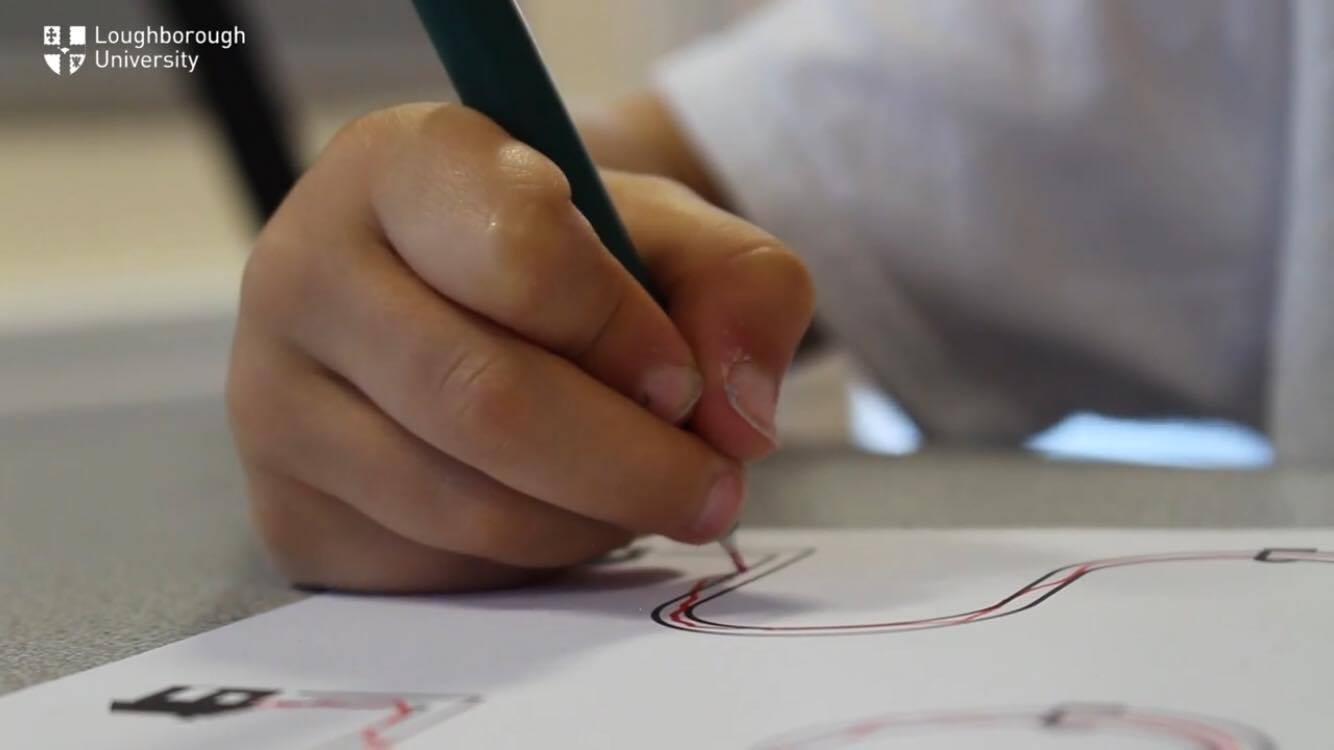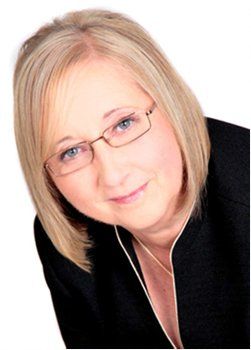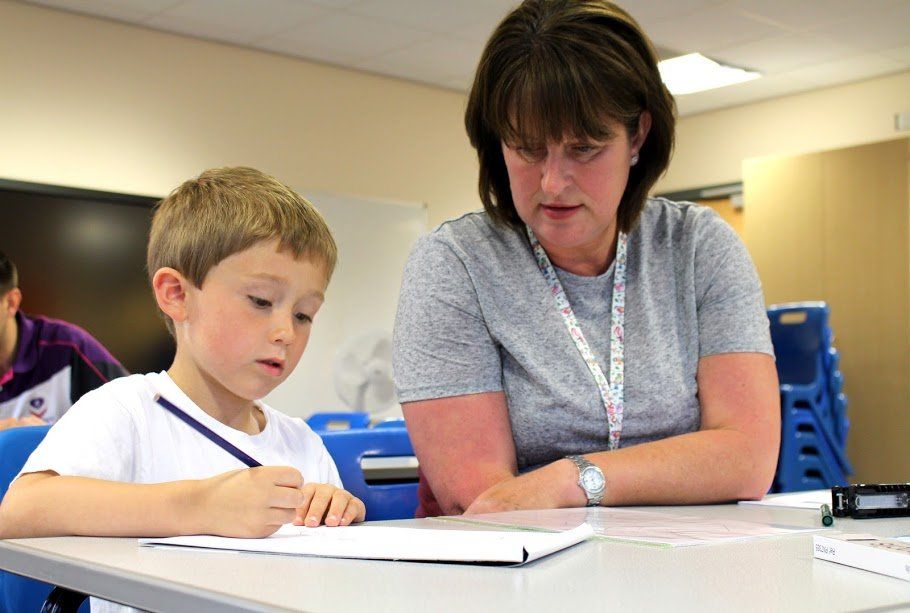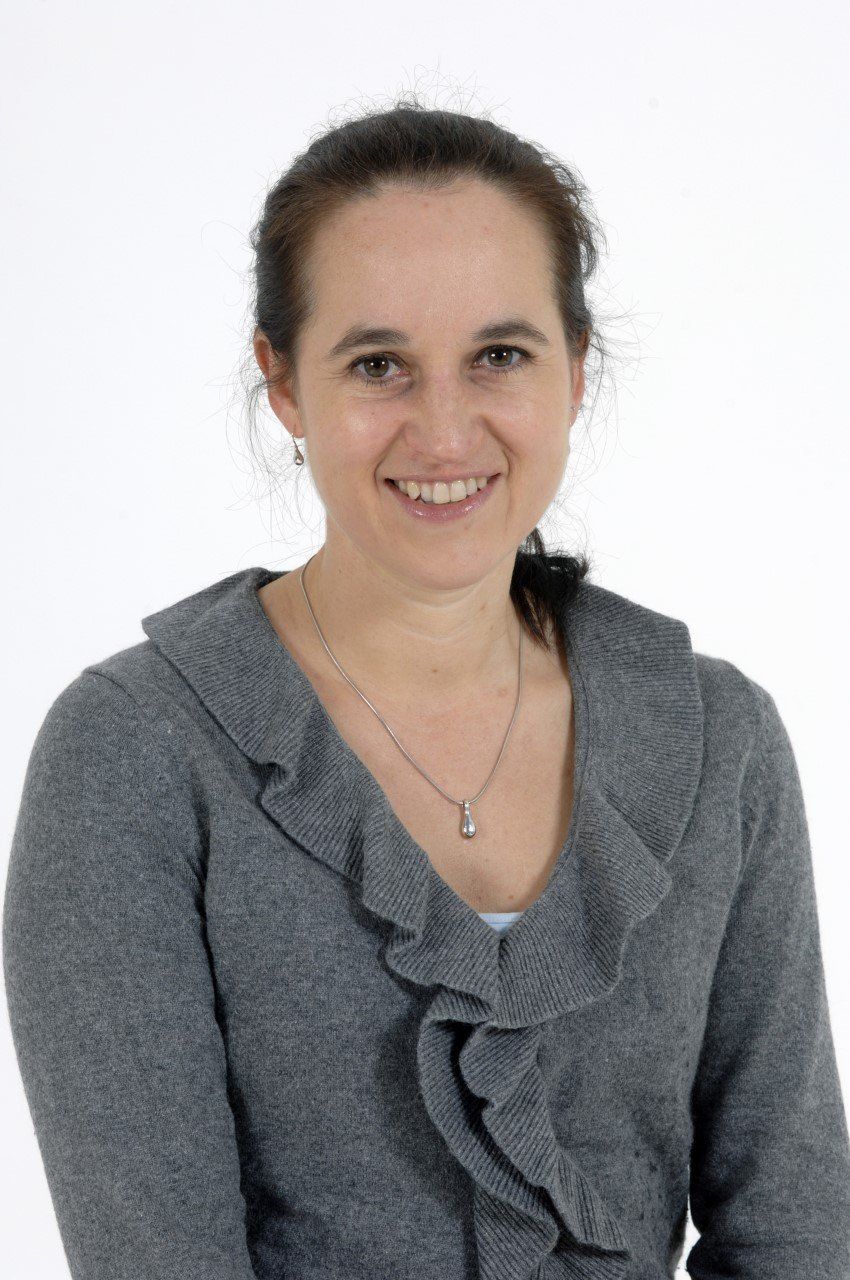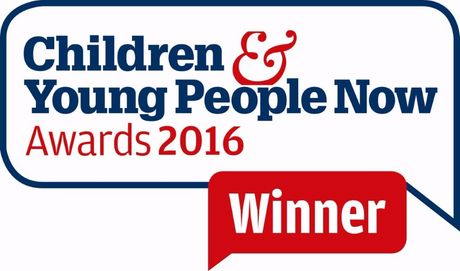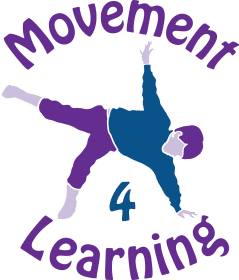
What is the Movement for Learning Project ?
Movement for Learning is a FREE programme for schools.It is a range of specific exercises designed to be delivered to the whole class on a daily basis.
It has been designed for young children (aged 4-6) and aims to improve a range of academic and behavioural outcomes.
The Movement for Learning programme is an Independent State Schools Partnership that has
been piloted and refined over two years in collaboration with the School of Sport, Exercise
and Health Sciences at Loughborough University,
The project is being led by Professor Pat Preedy (Independent Consultant) and Dr Rebecca
Duncombe (Loughborough University), and has been supported by Joanne Duston
(Occupational Therapist and Advanced Teaching Assistant at Queen Ethelburga’s Collegiate.
We collected data on 120 children at the start and end of the Reception year to establish
whether and how the programme works.
Following feedback from teachers at the four schools who kindly helped with this process,
we have been able to develop the programme based on teachers' experience of delivering it to
their children.
We would like to express our gratitude to the four schools and the teachers who willingly
gave their time to help us gain valuable data:
• Queen Ethelburga's Collegiate, York
• St Bartholomew's Primary School, Loughborough
• Leicester Grammar School, Leicester
• St Peter's and St Paul's Primary School, Leicester
Click on the image below to view the promotional video of the research carried out with the support of Loughborough University
Reliable Professional Research
The first 3 years are the time of greatest brain development. Lack of stimulation can have a huge and lasting effect on a child’s development and learning. Movement for Learning is designed to develop:
- Balance;
- Muscle tone, stamina, suppleness and gross motor movements;
- Posture and control;
- Body and sensory awareness;
- Grip and fine motor movements;
- Self-control, persistence and organisation;
- Language, rhythm and communication skills;
- Attention, listening and processing of sound;
- Independence, leadership and team work;
- Self-esteem and confidence;
- Awareness of all round mental and physical health.
Unique Approach
The programme is split into six units of activities with each being delivered on a daily basis for four weeks. Each 4 weekly unit comprises of a warm up, circuit-type activities (using everyday school equipment such as bats,balls,hoops and bean bags.) and a cool down.
The daily session should last approximately 15 - 20 minutes and children participate in their normal school uniform (but with bare feet). The programme should contribute to the Physical Development component of the Early Years Foundation Stage (EYFS) and is not intended to replace other physical activities or PE (if provided).
The key to the programme is that it is run daily (i.e. the movements are repeated on a regular basis) and that children are given opportunities to practise and improve the quality of each movement over the 4-week period.
What next for the project?
Following feedback from schools involved in the pilot (2015-2016), the programme was revised with stage 2 of the pilot conducted in 50 schools across England.
Two of the schools were involved in baseline and end-of intervention tests, and the remaining schools provided feedback on the programme.
We are now nearing the end of the second year of piloting the programme and will be rolling it out to schools who would like to deliver it. We strongly believe that all children should be offered the chance to improve their physical development and, because of this, are offering the programme for free.
Please complete the form below if you are interested. There is a Reception and Year 1
programme but some settings have delivered this to slightly younger and older children
.
Findings
We used the ABC movement test battery which had been standardised in 2007. This enabled us to see whether children’s physical capabilities were declining, as well as giving a robust measure of
children’s physical development at the start and end of the Reception Year.
We also tested for retained primitive reflexes - Asymmetrical Tonic Neck Reflex, Tonic Labyrinthine Reflex and the
Symmetrical Tonic Neck Reflex using the INPP Developmental Test Battery for children aged 4 to 6 years.
Analysis of the baseline data indicates that, at the start of the Reception Year, over half of the children in both the state and independent school had significant movement difficulties that would impact their learning. These tests were repeated towards the end of the academic year
(June 2016) and data analysed to establish whether there are any differences between those children participating in the Movement for Learning Programme and those in the comparison group.
Those children who participated in the programme improved their physical development scores by 18 percentile points whilst the comparison group MADE NO PROGRESS AT ALL. The children on the programme also reduced their scores for primitive reflexes whilst the scores of the comparison children actually increased.
Initial feedback from the teachers delivering the programme has been positive with
improvements in fine and gross motor skills as well as in behaviour and concentration being noted.
This research is currently ongoing, but we know from the first year that, compared to the comparison class, the children who participated in Movement for Learning made improvements in the following areas:
• Balance
• Manual Dexterity
• Aiming and catching
• Overall physical development
In addition, teachers reported that these children seemed more ready to learn, better able to sit still and concentrate, and had improved pencil grips (when compared to previous cohorts and the comparison classes).
How can my school join the Free Project?
We want every school to get involved and join the project.
EVERY School is entitled to apply to join the Project. All you need to do is fill in the form below, this will get the process started. We will then email you to discuss sending you the project. It is not an automatic process so please expect to wait up to 7 days for a response.
We are currently not accepting any new applications for 2020- If you would like to register an interest please fill in the form and we will get back to you when we begin accepting new 2020 schools.
What is the project programme?
The programme is split into six units of activities with each being delivered on a daily basis for four weeks. Each 4 weekly unit comprises of a warm up, circuit-type activities (using everyday school equipment such as bats,balls,hoops and bean bags.) and a cool down.
The daily session should last approximately 15 - 20 minutes and children participate in their normal school uniform (but with bare feet). The programme should contribute to the Physical Development component of the Early Years Foundation Stage (EYFS) and is not intended to replace other physical activities or PE (if provided).
The key to the programme is that it is run daily (i.e. the movements are repeated on a regular basis) and that children are given opportunities to practise and improve the quality of each movement over the 4-week period.
For further details and/or to register your interest in delivering the Movement for Learning Programme in your own school, please contact us using the form below or email us.
Our Expertise
-
Professor Patricia Preedy
Adjunct Professor, Curtin University, W. Australia; Member Institute of Neuro-Physiological Psychology (INPP); Fellow of the Royal Society of Arts (FRSA); Honorary member of ISA Honorary Educational Research Consultant,Twins and Multiple Births Association (UK) Reporting Inspector for ISI (Independent Schools Inspectorate)
-
Movement for Learning Project Free to all Schools
-
Dr Rebecca Duncombe
Ba Hons in psychology and sociology from University of Leicester PGCE in primary education from Homerton college, Cambridge PhD from Loughborough University Currently a teaching fellow in the school of Sport, Exercise and Health Sciences at Loughborough University
Testimonials
“We’ve got three out of twenty seven this year who are finding letter formation tricky, whereas normally, at this point, there are still ten who are spider writing and you can’t read, what they have written. So I think it has made an impact on their writing, particularly their letter formation”
“… in the sessions, their concentration is just so focused on what we’re doing from 98% of the children, 98% of the time. The concentration from them is incredible and I think you’re seeing more of that in the classroom. So when they’re doing their independent learning, they’re not as needy of adult support because they can concentrate on it a bit longer than they would perhaps be able to do otherwise.”
“I think that when it comes to, for example sports day, and we always do a skipping race and the parents always love watching them trying to do their skipping, and we’ve never done it as individual skipping with the rope. Well actually, this year, I think those children could manage to do skipping with the actual rope."
Contact Us - Sign up for Project
Please fill in the contact form to be added to our school database. This is the first stage.
Once we receive your details through this form we will then email you.The process is not automatic and you will be personally emailed.
You will need the Head Teacher or Manager permission to implement the Programme. After we receive this we will then send the programme directly to the school.
Once we receive your details through this form we will then email you.The process is not automatic and you will be personally emailed.
You will need the Head Teacher or Manager permission to implement the Programme. After we receive this we will then send the programme directly to the school.
If you would like more information please feel free to email or call us.
Currently we are not accepting any new applications for 2020. If you would like to register your interest we will get back to you when we are accepting new schools.
